It appears there's a misunderstanding. The search results are primarily about a cricket tournament called the "World Championship of Legends (WCL) 2025" which features retired cricket players, and specifically, the India vs. Pakistan match within that tournament. There's a significant amount of newsاقرأ المزيد
It appears there’s a misunderstanding. The search results are primarily about a cricket tournament called the “World Championship of Legends (WCL) 2025” which features retired cricket players, and specifically, the India vs. Pakistan match within that tournament.
There’s a significant amount of news about the cancellation of the India vs. Pakistan match in the WCL 2025 cricket tournament due to geopolitical tensions.
However, your question asks about a League of Legends (a popular online video game) final between Pakistan and India.
Based on the search results, there is no information about a League of Legends (esports) final specifically between Pakistan and India.
There is a “Legends Ascend South Asia 2025” tournament for League of Legends which is open to teams from India, Pakistan, Bangladesh, Sri Lanka, Nepal, Bhutan, and the Maldives. This tournament will have a prize pool and the winner will qualify for the League of Legends Championship Pacific (LCP) Wildcard Playoffs. It’s an amateur competition that runs from April to August 2025.
Therefore, if a Pakistan-India final were to happen in League of Legends, it would likely be within a multi-national tournament like “Legends Ascend South Asia.” Without specific tournament brackets or predictions for a direct Pakistan-India final in League of Legends, it’s impossible to predict what would happen. Esports matches depend heavily on team composition, player skill, in-game strategies, and overall team synergy.

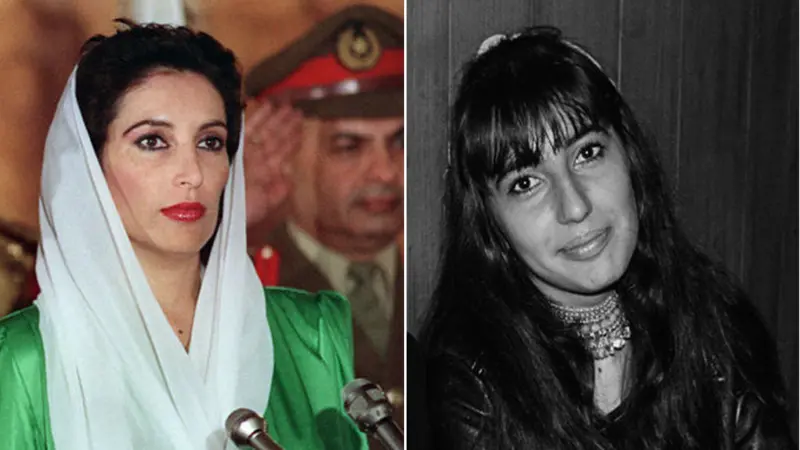

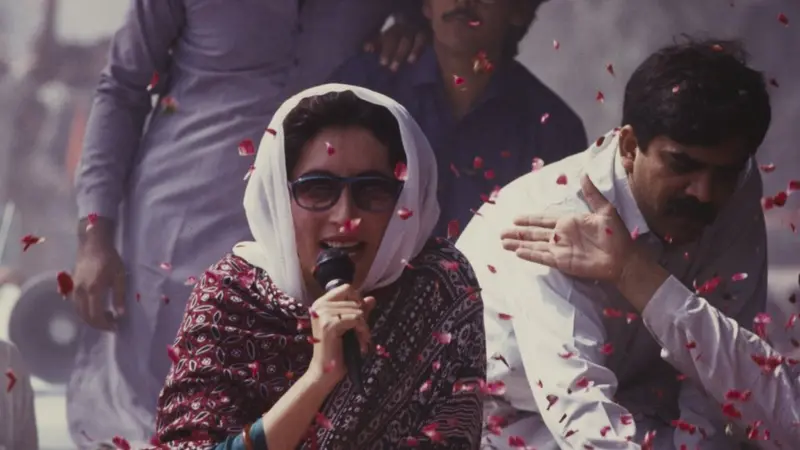
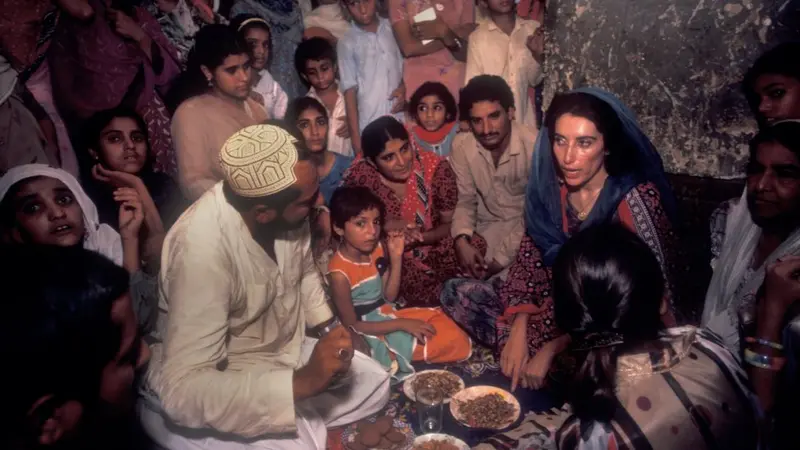
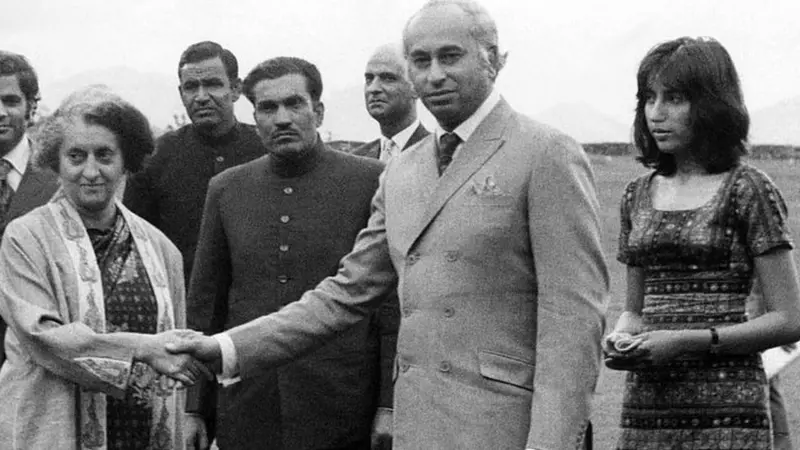
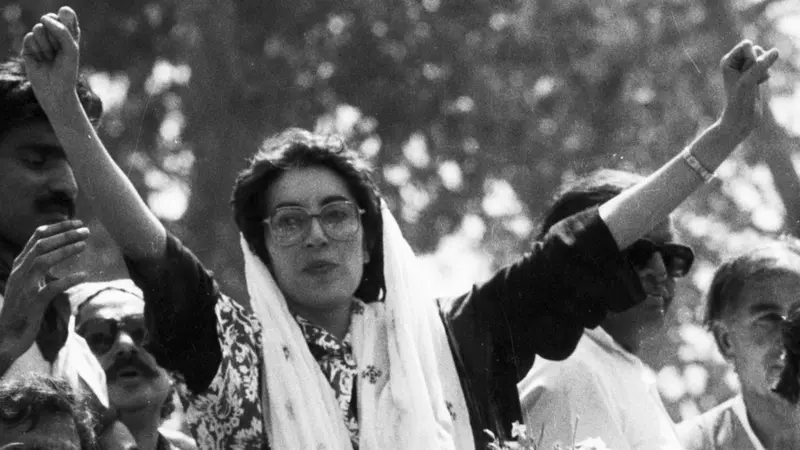
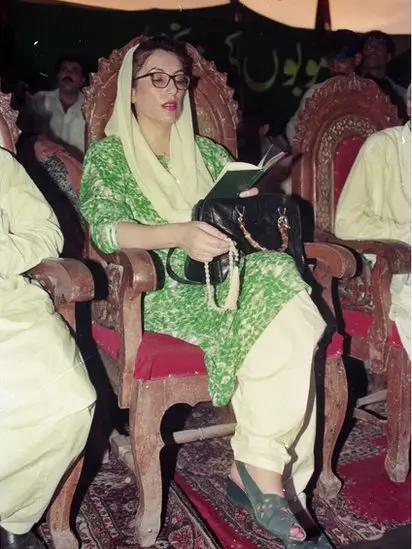
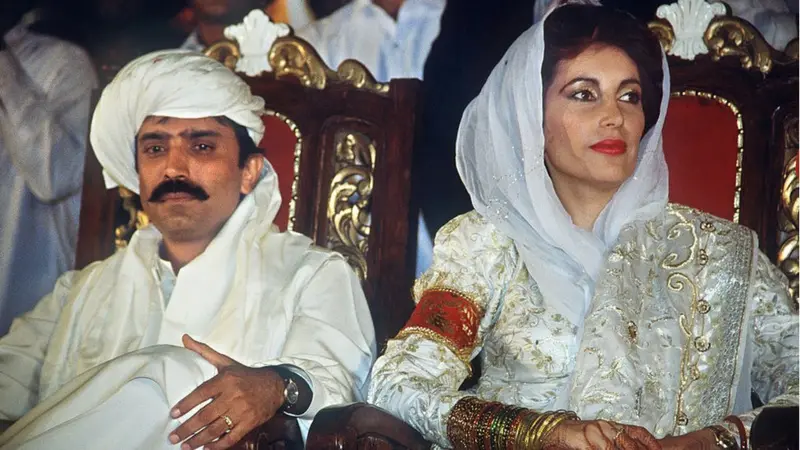
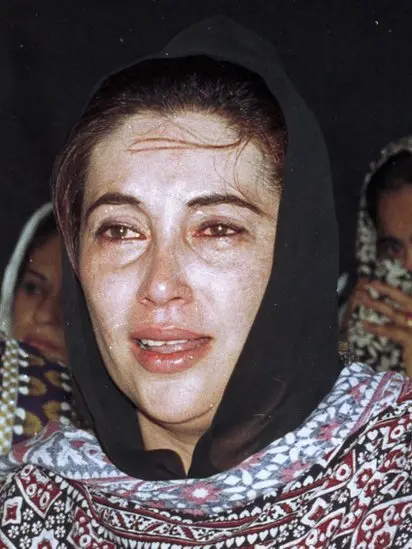
Despite India being the official host for the Asia Cup 2025, due to ongoing political tensions with Pakistan, the tournament is likely to be held in the United Arab Emirates (UAE) as a neutral venue. Sri Lanka was also considered as a potential co-host, but the UAE appears to be the finalized choiceاقرأ المزيد
Despite India being the official host for the Asia Cup 2025, due to ongoing political tensions with Pakistan, the tournament is likely to be held in the United Arab Emirates (UAE) as a neutral venue. Sri Lanka was also considered as a potential co-host, but the UAE appears to be the finalized choice for accommodating matches involving Pakistan.
قراءة أقلThis follows a precedent set in recent tournaments, such as the Champions Trophy 2025 and the 2023 Asia Cup, where India’s matches were played at neutral venues when Pakistan held the official hosting rights.